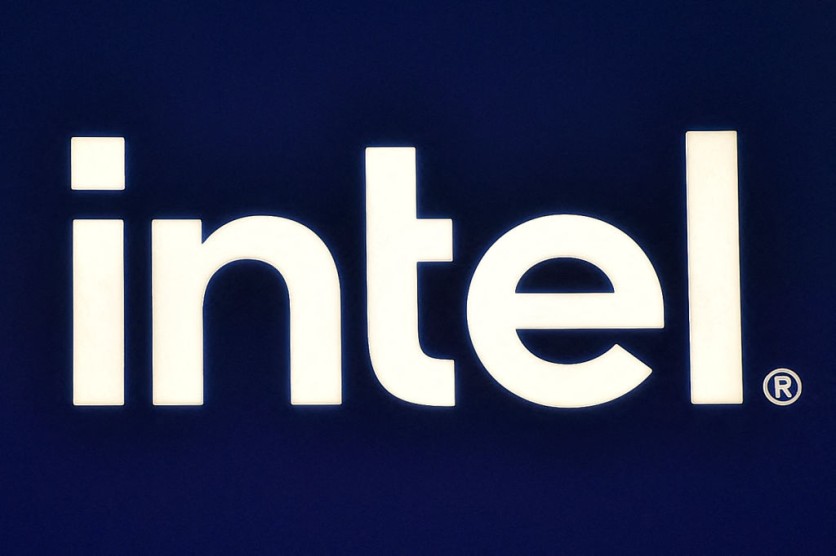
Chipmaker Intel has received a new $400 million fine from European Union antitrust regulators in a protracted court dispute that had appeared to be going in the company's favor only a year earlier.
After a court rejected an initial €1.06 billion ($1.30 billion) fine that had been in place since 2009, the European Commission imposed the fine. The accusations that Intel used improper sales practices to suppress competition from its smaller rival, AMD, led to the 376.4 million euro ($401 million) penalty.
The European Commission, which serves as the top antitrust regulator for the 27-nation union, charged Intel with using discounts and other sales limitations to keep rivals out of the x86 microprocessor market because of its dominance there.
Last year, the EU's General Court rejected the €1.06 billion ($1.30 billion) penalty due to commission rebate analysis deficiencies. Although the court could not decide how much of the fine should be split between the two offenses, it did affirm that Intel's sales limits constituted an abuse of its dominant market position. This led the commission to reevaluate the penalty.
"The lower fine imposed by today's decision reflects the narrower scope of the infringement compared to the 2009 Commission decision," the EU watchdog said, as quoted by AP News.
The European press department of Intel did not immediately respond to requests for comment regarding the most recent penalties.
Intel's Alleged Unlawful Acts
Tthe European Court of Justice overturned the 2009 Commission decision regarding Intel's rebate practices last year. However, it upheld the finding that, under EU regulations, Intel's sales limits constituted an abuse of its dominant market position. Since the court couldn't determine the percentage of the €1.06 billion fine relating to sales restrictions, it was canceled in 2022, according to Euronews.
The EU made it clear that Intel did not appeal the portion of the 2022 judgment that declared these limits to be unlawful, allowing a lesser fine of €376.36 million to be levied in response to these particular infractions.
The EU Commissioner responsible for competition policy, Didier Reynders, pointed out, "Intel paid its customers to limit, delay, or cancel the sale of products containing computer chips of its main rival. This is illegal under our competition rules. Our decision shows the Commission's commitment to ensure that very serious antitrust breaches do not go unsanctioned."
Notably, after extensive discussions, Germany and Intel recently agreed to build manufacturing facilities in the city of Magdeburg.
EU Pushes Antitrust Cases Against Tech Firms
Even though there have been leadership changes, the EU has continued to pursue antitrust charges against significant IT corporations. Didier Reynders succeeded Margrethe Vestager, who temporarily resigned from her position as EU commissioner for competition to run for president of the European Investment Bank. Vestager fined Google and other internet companies for abusing their dominant market positions, which led to legal challenges.
The EU will implement the historic Digital Markets Act in the upcoming year, obliging significant online players to completely comply or face fines of up to 10% of their global turnover. However, as businesses attempt to avoid more stringent market laws, experts predict legal disputes.
Brussels has classified China's ByteDance, Amazon, Apple, Meta, Microsoft, and Google parent Alphabet as online "gatekeepers" subject to the new regulations, according to a report published by Barron's.
Related Article: Microsoft's $69 Billion Activision Blizzard Deal Gains Preliminary Approval from UK Regulators

ⓒ 2025 TECHTIMES.com All rights reserved. Do not reproduce without permission.




